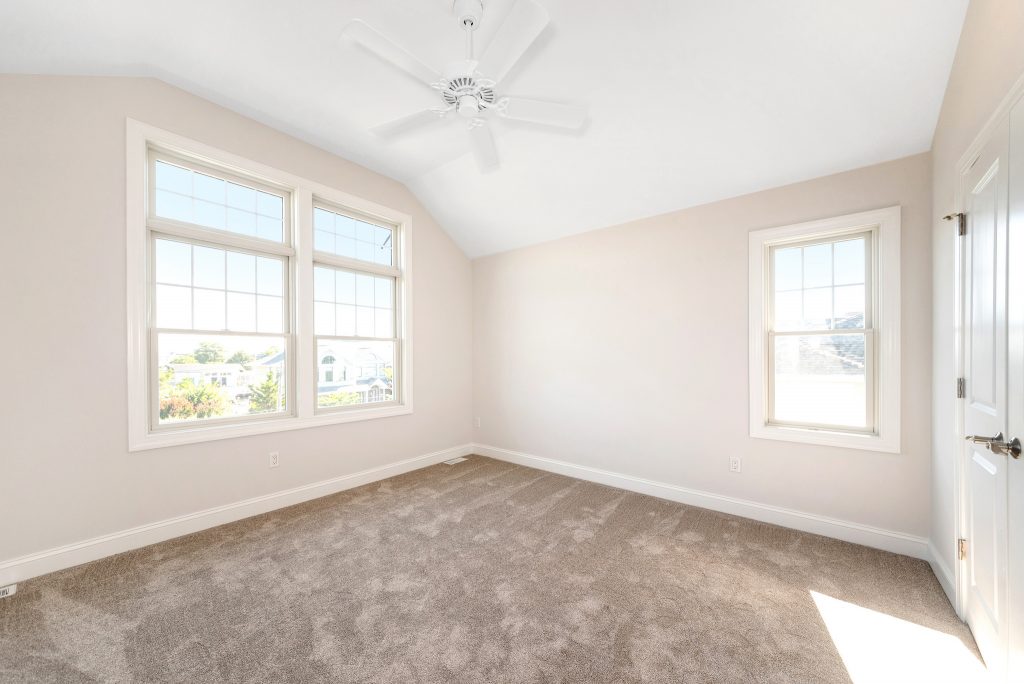Homeowner or Landlord Insurance? Which is Right for Your Property?
At SMART, we specialize in house rental  management, so we’re well aware there can be confusion over homeowner insurance and landlord insurance.
management, so we’re well aware there can be confusion over homeowner insurance and landlord insurance.
If you’re a homeowner planning to rent your property, you want to know you’ll be covered for damages. But what constitutes a rental?
If you rent your family’s cabin in the mountains to your cousin and his family for a week each year, will you be covered? If you’ve turned your second home into a rental property, will your homeowner’s policy cover it?
First, there is no blanket answer concerning insurance coverage. It can vary widely from one policy to another, and options you choose and limits of coverage you choose will affect exactly what’s covered by your specific policy. But when it comes to renting out a property you own, it’s important to understand that most homeowner policies won’t cover long-term rental situations, and some won’t even cover short-term rentals.
A Homeowner Insurance Policy
If you’re doing an occasional short-term rental, e.g., once a year for a week while you’re on vacation, then a homeowner policy may give some coverage for that period. But you’ll need to check with your insurance company to understand their rules, since they may have stipulations on what qualifies as a rental (e.g., whether the building being rented has a separate entrance to the home, or if a family member is renting it, etc.). However, if you’re renting out your property on a consistent basis or for any length of time, you’ll probably be best served by a Landlord Insurance Policy, to make sure you’re covered.
A Landlord Insurance Policy
A Landlord Insurance policy ordinarily covers accidental damage to the home and any additional structures on the property. For example, if your tenant has a small fire that causes damage to the walls and floor of the home, after you pay your deductible, a landlord policy may help cover the cost of repairs to the structure. But again, be sure you’re aware of the coverage limits of your policy, since that will determine the limit on the payout you’ll receive for damages.
In your Landlord policy, appliances and other items on the property that are owned by you may or may not be covered for accidental damage occurring from perils like fire or lightning or hail. (Check your policy, since perils may not be covered unless you choose additional coverage). But as for maintenance issues on the appliances and other items on your property, maintenance probably won’t be covered by your base landlord insurance policy. For example, if your washing machine breaks down, it’s your responsibility. But if your washing machine is damaged by lightning or a fire, a base landlord policy, or an added peril policy, may take care of replacing it.
If you’re a landlord and you want to be covered for flood damage, you’ll probably need to add an extra policy to your base landlord policy. Your base landlord policy may cover damage to your floor because of an overflowing bathtub, but it may not cover damage to your rental home due to a flood, or a natural disaster.
Don’t Forget About Renter’s Insurance
And what about coverage for your tenant’s personal property? Your landlord insurance policy won’t cover it, and it also won’t cover liability for the tenant. Ask your tenants to carry adequate Renter’s Insurance that will cover their own possessions and protect them from personal injury liability claims during their tenancy on your property. It’ll cover them in the event of personal loss while living on your property.
Conclusion
There may be cost advantages to keeping your Homeowner’s insurance as long as you can, but if you are presently living in your home and want to convert it to a rental property, to be sure your property is covered, you should switch from a Homeowner to a Landlord policy when you vacate your home.
The details of a new policy require careful study, good advice, and sound decisions.

